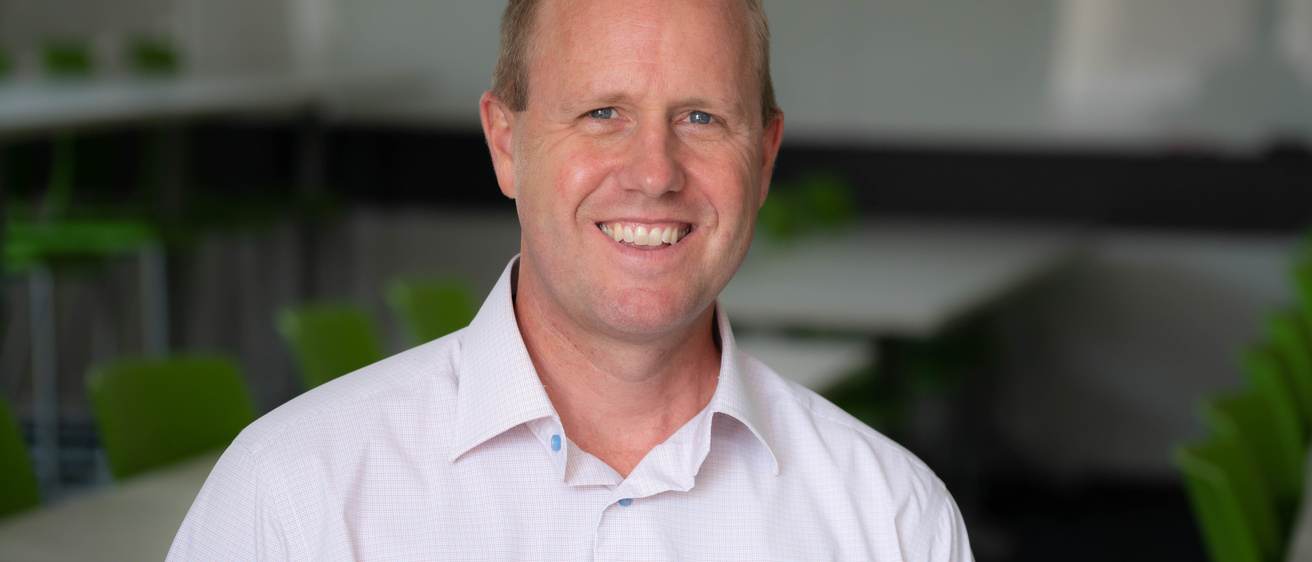Jeffrey Nordine joins the Iowa College of Education this fall as an associate professor in the Science Education program in the Department of Teaching and Learning.
Nordine received a bachelor of arts degree in physics and a master of arts degree in secondary teaching at Trinity University in San Antonio, Texas before receiving a master of arts degree in educational administration and a doctorate in science education from the University of Michigan.
Throughout his career, he has been a high school physics teacher and a dean of instruction for mathematics and science in San Antonio, Texas, an assistant professor of science education at Trinity University, chief scientist at the San Antonio Children’s Museum, and deputy director and associate professor of physics education at the Leibniz Institute for Science and Mathematics Education in Kiel, Germany.
Nordine is proud of taking risks professionally.
“My non-linear path through academia, K-12 schools, informal learning and outside of the U.S. has truly enriched my career and perspective,” Nordine says.
He says there is a long list of things that brought him to Iowa, but one of the most important draws is that he grew up in Iowa and still has family in the state. He moved back to Iowa with his wife and two young sons, with whom he spends his free time riding bicycles around Iowa City looking for new playgrounds, parks, and libraries.
“The opportunity to rejoin this community, raise our children around their family, and contribute to the education system in which I grew up was simply too good to miss,” Nordine says.
In his new position, Nordine is excited to be a part of a dynamic environment of dedicated individuals.
“Students and faculty here seem to be bursting with energy and ideas,” Nordine says. “I’ve already had so many conversations with my colleagues and students that have pushed my thinking and helped me to revisit some of my own assumptions.”
Teaching allows Nordine to combine his passions, as he loves learning science and sharing it with others.
“I get particular joy and excitement from my work with future elementary and secondary preservice teachers,” Nordine says. “Having a role in preparing a new generation of educators is a humbling privilege that drives me to work hard.”
His research focuses on the teaching and learning of the energy concept, and he enjoys studying how preservice teachers can be supported in designing and enacting coherent science instruction. Nordine is interested in exploring how coherent science learning environments support students in learning about the core ideas of science and using them to make sense of their world and guide future learning.
